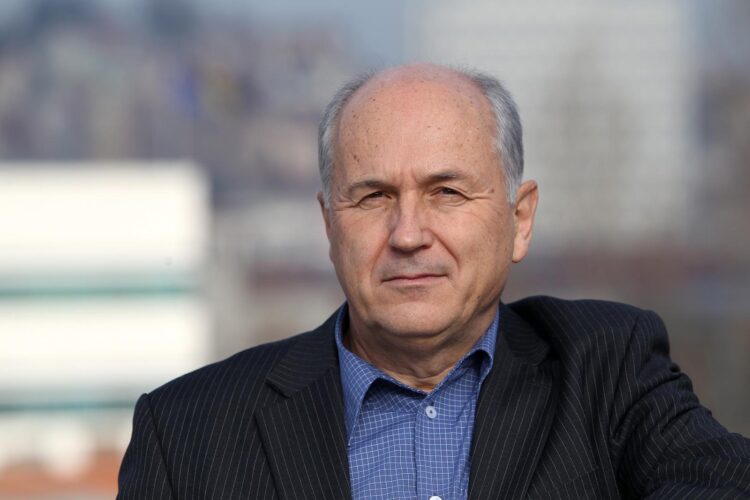
The outgoing international administrator in Bosnia, Valentin Inzko, rejected any attempts to portray his act of imposing a ban on genocide denial as a move directed against any of the peoples in the country, explaining that authorities in BiH rejected nearly all the chances he gave them to distance themselves from war criminals.
Only days before his term in Bosnia is ending, High Representative Valentin Inzko used his special set of powers – the Bonn Powers – to introduce amendments to the Criminal Code of Bosnia-Herzegovina sanctioning the glorification of war criminals convicted by final and binding judgments, as well as the denial of genocide, crimes against humanity and war crimes.
As of August 1, Germany’s Christian Schmidt will take over the Office of the High Representative (OHR) and continue the task of monitoring the civilian implementation of the 1995 Dayton Peace Agreement in the country.
According to the OHR statement, the amendments aim to address the inadequacy of the currently applicable legal framework of BiH which “does not offer an adequate response to the issue of hate speech manifested through the denial of the crimes of genocide, crimes against humanity and war crimes, even when those crimes have already been adjudicated with final and binding judgments reached by a number of domestic and international courts.”
Inzko argued that “the lack of acknowledgement, accountability and redress for victims of mass atrocities and systematic abuses has devastating effects on society.”
“Hate speech, the glorification of war criminals, and revisionism or outright denial of genocide and war crimes prevent societies from dealing with their collective past constitute renewed humiliation of the victims and their loved ones, while also perpetuating injustice and undermining interethnic relationships,” he said, adding that all of this “causes frustrations, makes the society chronically ill, and prevents the emergence of desperately needed reconciliation” which prevents the building of a peaceful and prosperous future for Bosnia and Herzegovina.
“The citizens of Bosnia and Herzegovina have waited many years for their elected representatives to legislate this very serious issue. However, every effort to do so was blocked! During that time, the situation has gotten worse, and is now getting out of hand! By advancing various conspiracy theories, some political leaders are openly praising the finally convicted war criminals, denying that the Srebrenica genocide ever took place, while some ordinary citizens are following their cues and narratives,” he explained.
“I have long hoped for humanity and common sense to prevail, but, regretfully, we are witnessing an escalation of glorification of war criminals, the challenging of the final and binding judgments reached by the Criminal Court established by the United Nations. Apart from the fact that such behaviour constitutes a mockery of the rule of law, I am deeply convinced that it is also sowing the seeds for potential new conflicts. Therefore, I believe that it is now necessary to regulate this matter with legal solutions,” he said.
Inzko emphasized that his interventions in Bosnia’s criminal legislation “have nothing to do with collective guilt” but instead deal with individual responsibility and reject in advance “any potential manipulations which might claim that these legislative amendments are directed against one of the three peoples.”
“Bosniaks, Croats and Serbs are good people,” he stressed.
“There are no bad nations. These are legislative amendments aimed at relaxing and relieving all peoples and citizens of BiH. Individuals convicted of such serious crimes should not be praised, should not have public spaces dedicated in their names or murals painted in their honour, regardless of for whom or against whom they fought. Recognizing the guilt of individuals allows people to unburden themselves from the weight of the past, and move on towards a more promising future. Young people born after the war have been robbed of a better future on a daily basis at the expense of the bloody past. Everyone becomes a victim of the verbal warfare over the interpretation of the past war, and this has to stop now! It is important to understand that without truth there is no justice, and without justice there is no much needed reconciliation.”
Inzko then explained why he used the Bonn Powers at the end of his term.
“My conscience dictates that I have no right to end my term while the convicted war criminals are being glorified. I have no right to leave such a situation to the tormented citizens of this beautiful country and to my successor. I have no right to ignore the verdicts of the Hague Tribunal, which was established by the UN Security Council, and I am responsible for the civilian implementation of the peace process.”
He explained that, since the final verdict was handed down against former Bosnian Serb political leader Radovan Karadzic – whom he described as “the architect of evil”, he has been working on the project of dealing with the past in order to “reach the point where forgiveness would be sought and given through the process of facing the truth – All the way to the point where the entire society would be healed!”
The project has the goal of Srebrenica, which is already globally known for genocide, also becoming globally known for forgiveness,” he said, adding that he was inspired to promote this idea by late Srebrenica activist Hatidza Mehmedovic, “who lost all close members of her family in the Srebrenica genocide, both sons, husband, and 34 other family members, but she was ready to extend, and extended, her hand of forgiveness.”
“Regretfully, when, earlier this year, I requested the Republika Srpska National Assembly to withdraw the decorations awarded to three convicted war criminals, the RSNA delegates refused to do so by a majority vote, while confirming the correctness of the decision they made earlier. Almost all chances that I offered to the domestic authorities to distance themselves from war criminals were ultimately rejected,” he said.
“Therefore, as a moral obligation towards the citizens who suffered the horrors of the war, as well as a debt to the young people in this country who were born after the war, I have decided to use the Bonn powers and intervene in the criminal law, to the effect that no glorification of war criminals and no revision of historical facts will in future be possible with impunity. And this country is indeed entitled to enjoy the universal values of civilization,” Inzko concluded.

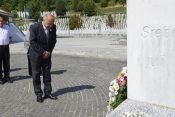


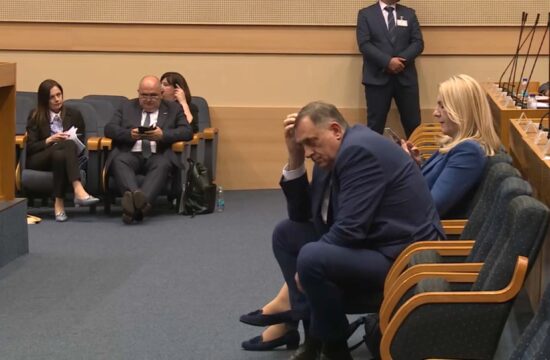
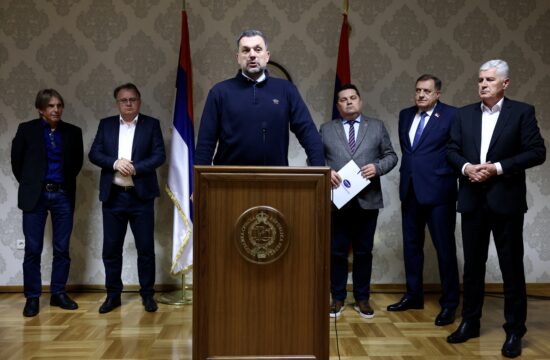

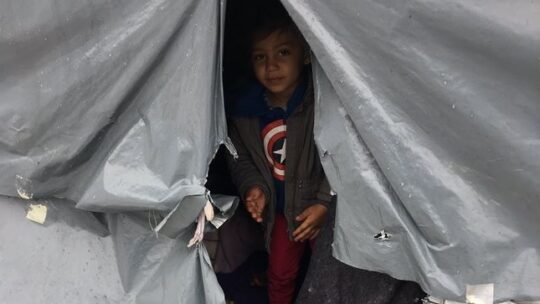
Kakvo je tvoje mišljenje o ovome?
Budi prvi koji će ostaviti komentar!